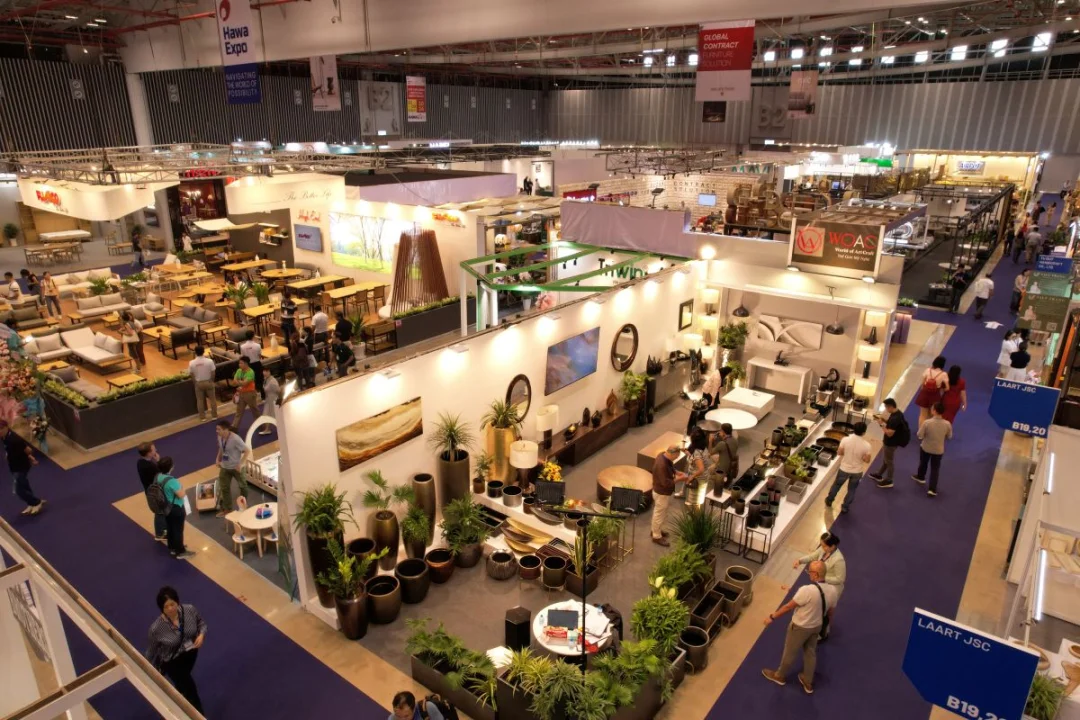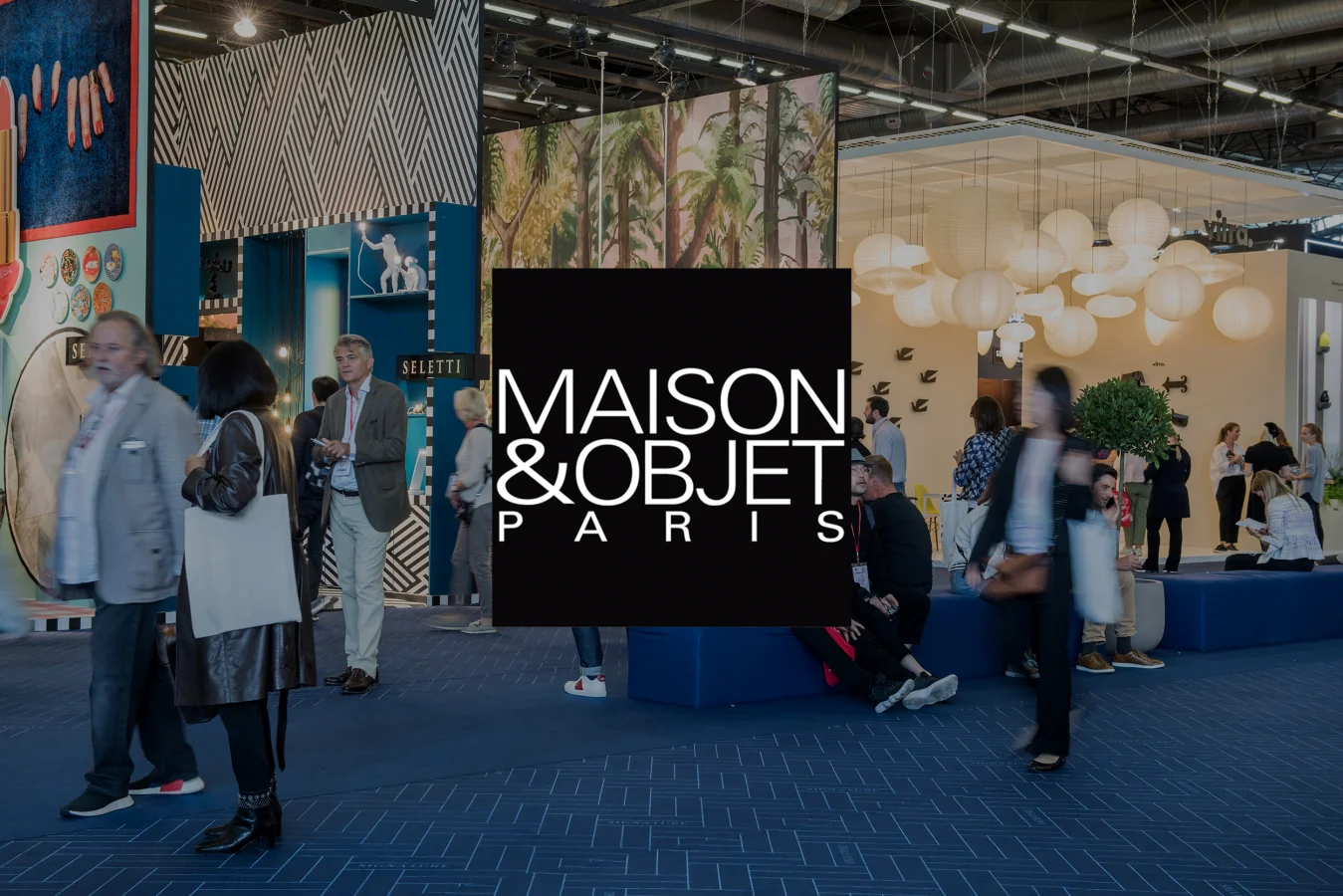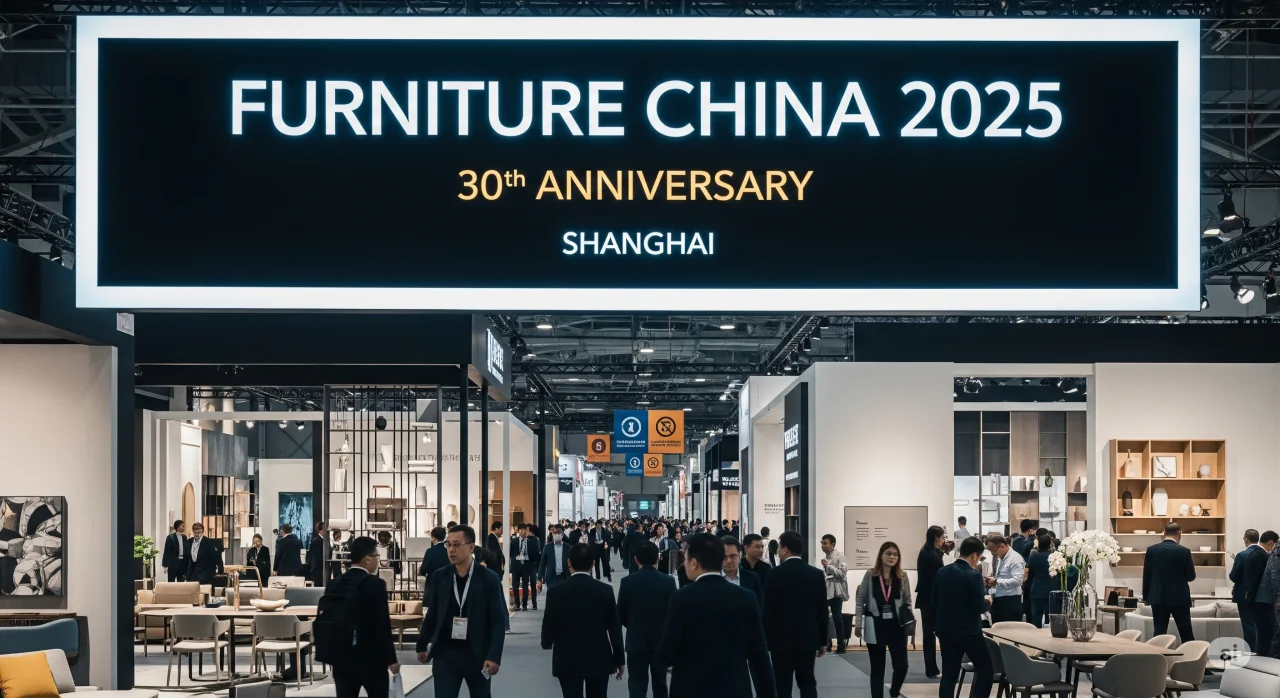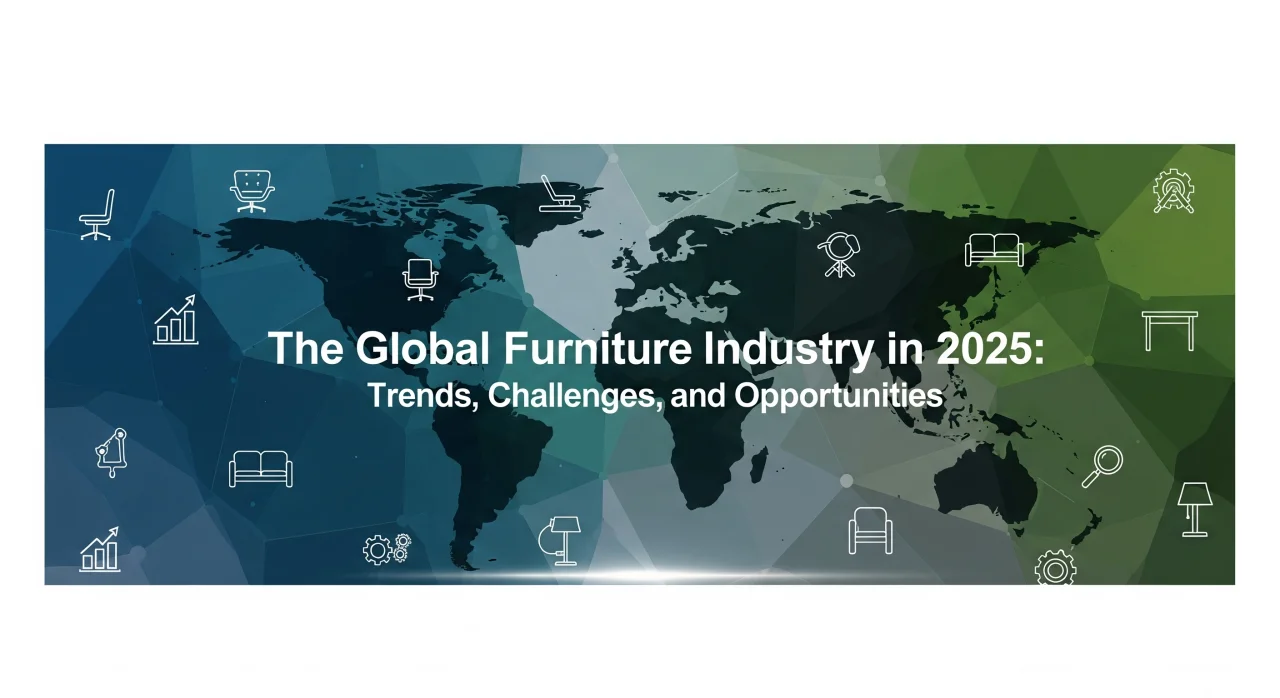Why Sustainability Is Now Mandatory
The global furniture industry is pivoting from greenwashing to true ecological innovation. Leading events like Milan’s Salone del Mobile, New York’s ICFF, Cologne’s Interzum, and Copenhagen’s 3 Days of Design aren’t just showcasing products—they’re reshaping entire value chains with circular economy principles, regenerative materials, and modularity.
Salone del Mobile: Designing with Deconstruction in Mind
At the 60th Salone del Mobile (June 7–12), Milan introduced a 15,000 m² “design with nature” pavilion designed by Mario Cucinella. Post-show, the structure will be dismantled and recycled into school furniture—demonstrating cradle‑to‑cradle design in action. The fair also established guidelines urging exhibitors to use FSC/PEFC-certified, reusable booth materials—upcycled, recycled, or adaptable for future reuse.
ICFF & NYC Design Week: Regenerative Over Green
2025’s ICFF edition marked a decisive shift toward regeneration—not just sustainability. Innovations included enzyme-infused plastics that biodegrade in landfills, and modular, up-cycle-ready acoustic panels by Akustus. ICFF spotlighted systems designed for disassembly and reuse, setting a new benchmark in circular furniture systems.
Interzum 2025: Biobased & Circular at the Core
Interzum in Cologne (May 2025) emphasized “Rethinking resources: circular and bio-based solutions,” bringing together 1,600+ exhibitors and 60,000 trade professionals from 148 countries. The subcontracting fair spotlighted biobased components and circular materials, from forestry-derived timbers to plastics designed for disassembly, reuse, and recycling.
3 Days of Design: Scandinavian Sustainability Showcase
Copenhagen’s June expo, themed "Keep It Real," featured eco-modular systems such as Fogia’s Kern tables—made from recycled marble waste—and Volum’s Norwegian designs. These elements reflect a Scandinavian ethos that prioritizes resourceful, eco-conscious craftsmanship in global design.
Common Themes Reshaping the Industry
| Principle | What It Means in Practice |
|---|---|
| Circular Booth Design | Reusable modular stand systems (e.g., Adapteo), rental furniture on-site for multiple events |
| Modular, Disassemblable Products | Furniture designed for ease of repair, refurbishment, and future recyclability |
| Recycled & Biobased Components | Use of recycled polystyrene (e.g., Polygood), marble waste composites, FSC-certified wood, upcycled textiles |
Why It Matters to Global Audiences
Manufacturers gain cost savings and waste reduction by adopting rentable stands and reusable components.
Buyers & specifiers can leverage eco-certified materials like Polygood to support global sustainability goals.
Design institutions gain credibility by showcasing real-world circular solutions, aligning with ESG and SDG mandates.
Sustainability is no longer optional—it’s the defining trend of the global furniture trade. From Milan to Copenhagen, fairs are pioneering reusable expo infrastructure, eco‑materials, and modular design. This isn’t just a marketing angle—it signals a systemic transformation toward circular, regenerative product development.






